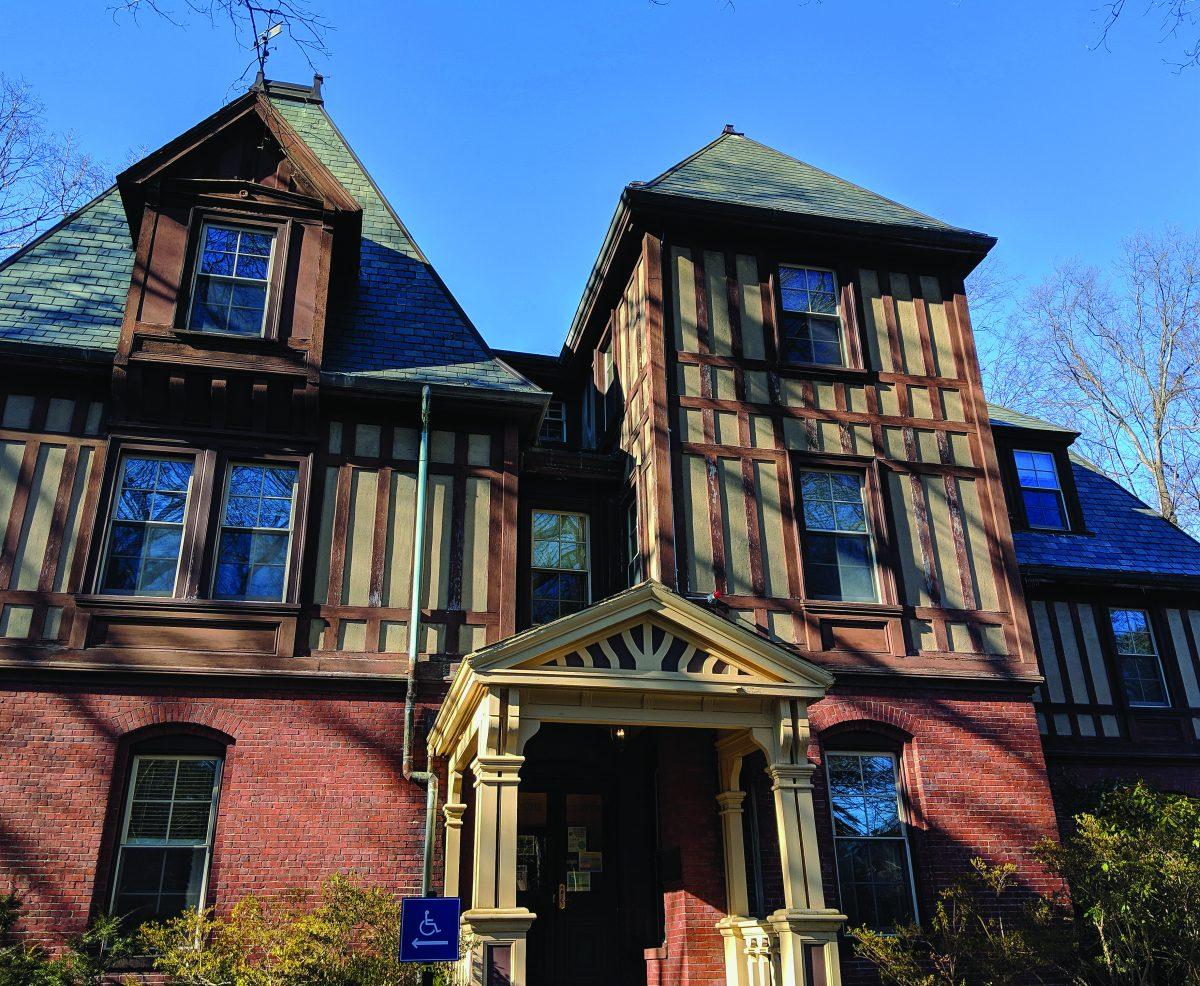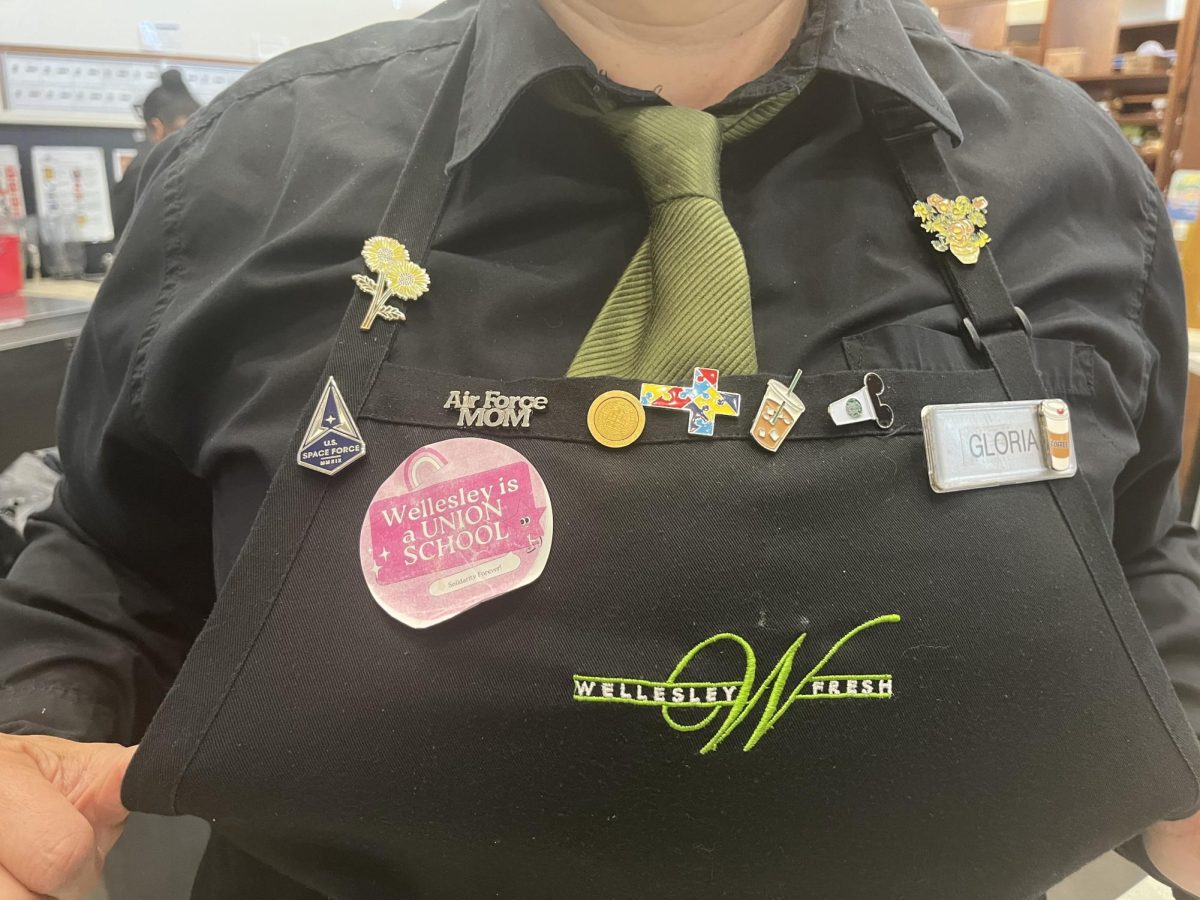In 2017, a report came out that said that between 2007 and 2017, the number of college students seeking mental health care had jumped from 22 percent to 36 percent. Wellesley College is no exception, with a large part of the student population experiencing problems such as anxiety and depression. These issues can be debilitating in a student’s academic and personal life. As such, the staff of the Stone Center, Wellesley’s mental health resource center, have been interviewing candidates for two jobs — a part-time psychiatrist position and a part-time psychiatric nurse practitioner position — since early January.
Robin Cook-Nobles, the head of the Stone Center, says that the hiring process for the two new psychiatric prescriber positions takes input from across the college. “The process at the Stone Center is quite extensive and involves collaboration and input from a number of departments and teams across the College, i.e. from Human Resources, Class Deans and campus partners like PERA, to student groups like Active Minds and the Student Advisory Board.”
At Wellesley, a large portion of the student population requires mental health support services. Director of Disability and Accessibility Services Jim Wice says that 392 students were served by that office in the past year. “The largest [portion] of that group was students with mental health needs, so we have worked with, and continue to work with, the Stone Center,” he said. “In terms of accomodations, a lot of times the therapists or psychiatrists are documenting different types of accommodations that might fit with students’ needs, such as medical singles for housing, extended time on tests or use of the access van.”
Wice says that the number of students who require mental health services here is higher than at comparable schools, given that the vast majority of the 392 students served by Disability and Accessibility Services are there for mental health needs. “In terms of the overall number of students we are working with in Disability Services…compared to a lot of other schools, it’s a little high,” he said. At other schools, he added, “Usually, people figure it’s somewhere around ten, eleven percent,” which here would mean about 260 students requiring mental health services. Here, the number — 392— is significantly higher.
Claudia Trevor-Wright, director of Wellesley’s Health Services, says that high number is not because of some abnormality in the student population at Wellesley, but is instead indicative of larger trends in U.S. mental illness. “There’s nothing unique about Wellesley in terms of the mental health issues students experience here,” she said, but instead asserted that we need to look at the high demand for mental health services at Wellesley “within a national, and global, context.” According to a Blue Cross Blue Shield report published in 2017, diagnoses of Major Depressive Disorder alone increased 47 percent.
“Everywhere in the world right now the supply of….mental health care practitioners isn’t matching the demand,” she said. Even in Boston, which Trevor-Wright said has one of the highest numbers of available psychiatrists, psychologists and therapists in the world, many people find themselves unable to schedule appointments because demand is simply too high. “I think that context is…what often gets lost in media coverage of these things,” Trevor-Wright said.
While a large number of students do use the services offered by the Stone Center, many others complain that it is difficult or near-impossible to get appointments on time. Emily Carey ’19 said that the number of people currently on staff at the Stone Center is inadequate. “They don’t have enough therapists, because if you call, even at the beginning of the semester, you don’t get an appointment for like six weeks, which is crazy,” she said. “There should not be that much of a delay, especially if you really are in need.”
Trevor-Wright says that these difficulties stem from the massive number of students who require the Stone Center’s services. “The reason why it can be hard to get an appointment is that we see a large number of students and we do have limited staff,” she stated in an email to the News. “Last year we saw 37 percent of the student population. It is not possible to see that many students for long-term therapy. For students who need ongoing support we are fortunate to have a local network of psychiatrists we can connect students to.”
Some students also say that — despite the fact that the Stone Center currently has one prescribing psychiatrist on staff — it is difficult to get psychiatric medications while at Wellesley. One sophomore, who asked to remain anonymous, said that she has been trying to communicate with the Stone Center about psychiatric medication since her first year, but has as of yet been unsuccessful, despite trying for three semesters. Emily Carey said that the lack of adequate staffing at the Stone Center is clear. “When my friend was in the hospital, she couldn’t get out for an extra day because they wouldn’t make an emergency appointment with her. They made her stay in the hospital for a literal extra day,” she recalled.
Cook-Nobles, however, says that the Stone Center staff are making an effort to make their services more accessible by creating half-hour emergency appointments, which students can self-schedule online. “Students can see available appointments within a 48 hour period. We started off with three half-hour sessions per day and recently increased them to 4 half-hour sessions a day, as they are quite popular,” Cook-Nobles said. “In addition, we reserve an emergency hour each afternoon for students who have an urgent need to be seen that day.” (Some students say that this system, however, makes it harder to schedule appointments: “[What is} with the online walk in hours scheduling?” an anonymous student on a Wellesley Facebook page asked. “I know it’s supposed to make things easier but I’ve been sick for a week and each day i check all appointments are gone already and when I call they say there’s nothing they can do about it. Just a sick sib trying to feel better.”
Over the remainder of the spring semester, the search for new Stone Center staff members will continue. Cook-Nobles is soliciting student help in picking out the best candidates. “When candidates come to campus, I have always created a space for students to interview them and to give us feedback,” she said. “If students want to assist us, this is one way in which they can be quite helpful.”






